Julie Schubert has had her own struggles with mental health issues. Fortunately she came through it. Now, she is committed to helping others and addressing the need for First Nations mental health care.
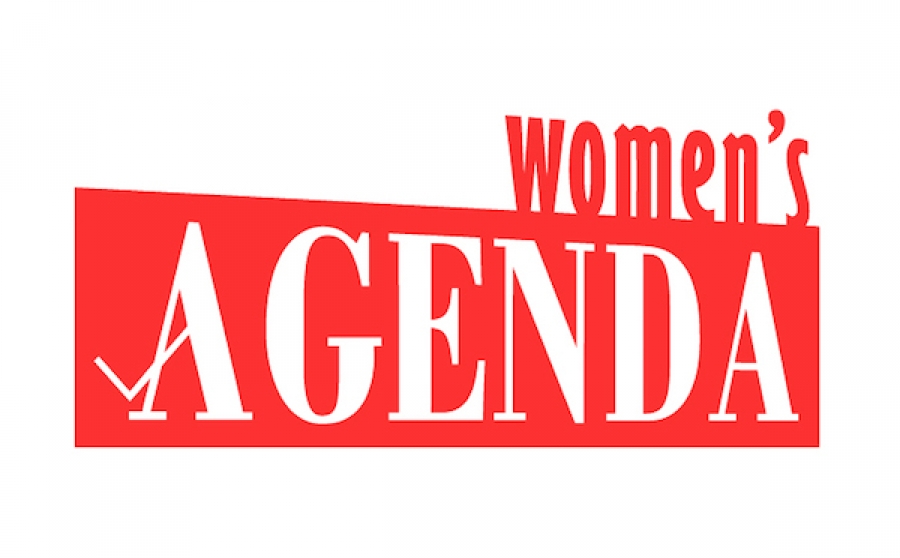
This article was first published by Women’s Agenda.
When Julie Schubert was a teenager, the weight of the world pushed her into the grips of one of the darkest periods of her life.
For weeks and weeks, that felt endless, she tried to latch onto some sense of light. The many counsellors she saw did not seem to understand the experiences she’d had leading up to this moment as an Aboriginal woman.
“I just hit this real dark point,” she said.
After surviving a close call, she managed to get through with a bit of help, but another stressful incident a few years later brought her back.
“I’ve just lived with depression, anxiety and suicidal ideation,” she said. “It takes over your whole life, like you can’t sleep properly or concentrate on what you’re doing in the daytime. You don’t want to look in the mirror.”
Adding to the heaviness of it all was the pain that came with having to reach out for help.
“I felt shame about it,” she said. “I knew it was serious but I didn’t know how to go about it.”
Julie’s desire to help
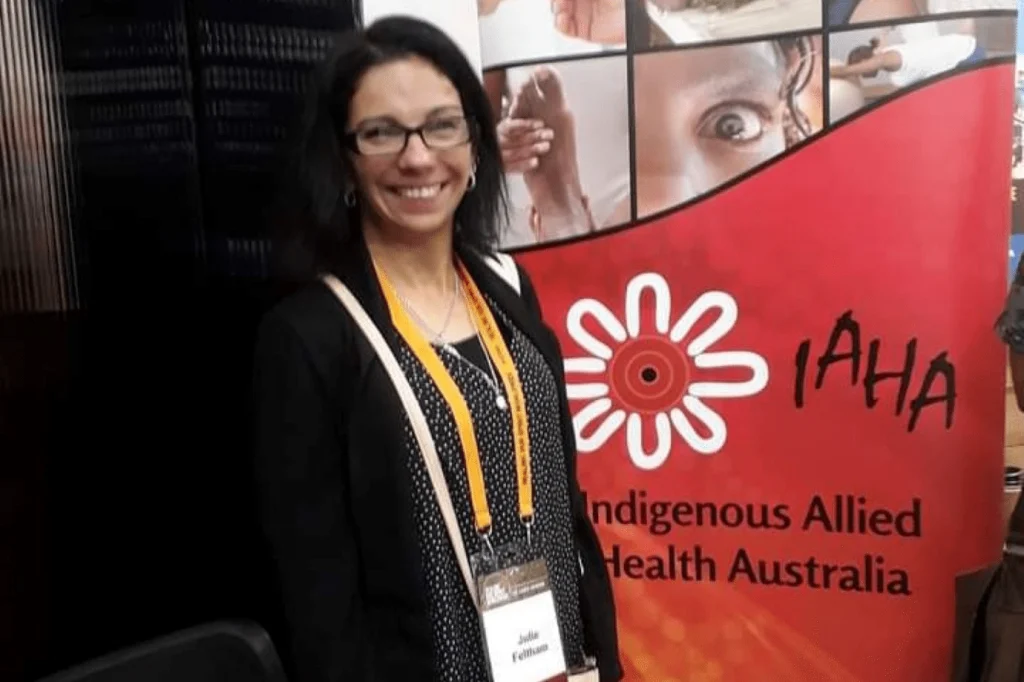
Julie feels very fortunate that she got through this intensely difficult time. The experience moved her to want to help others through their battles so she began work as a mental health clinician.
“It’s been really rewarding when I’ve had clients that I’ve seen [and] six months later or a year, even a couple of years after that, after they’ve gone away and continued on, and you can see they have changed their life.
“They’ve started working again and when they say, ‘Thank you so much, I really appreciate your help, I feel better than I did before’, it’s really lovely to see that.”
Looking back at her own journey to recovery, she says having access to culturally sensitive or First Nations mental health counsellors would have been a great benefit.
It’s why she completed a health science degree and is studying psychology as a First Nations cadet at university.
Now an emerging academic, Julie wants to build a career in research. So she can help develop solutions in healthcare and create better outcomes for Indigenous people.
“I’m just beginning to be mentored in research in my cadetship now,” she said. “We are working on a project in [mental health], so it’s really exciting.”
Increasing access to care
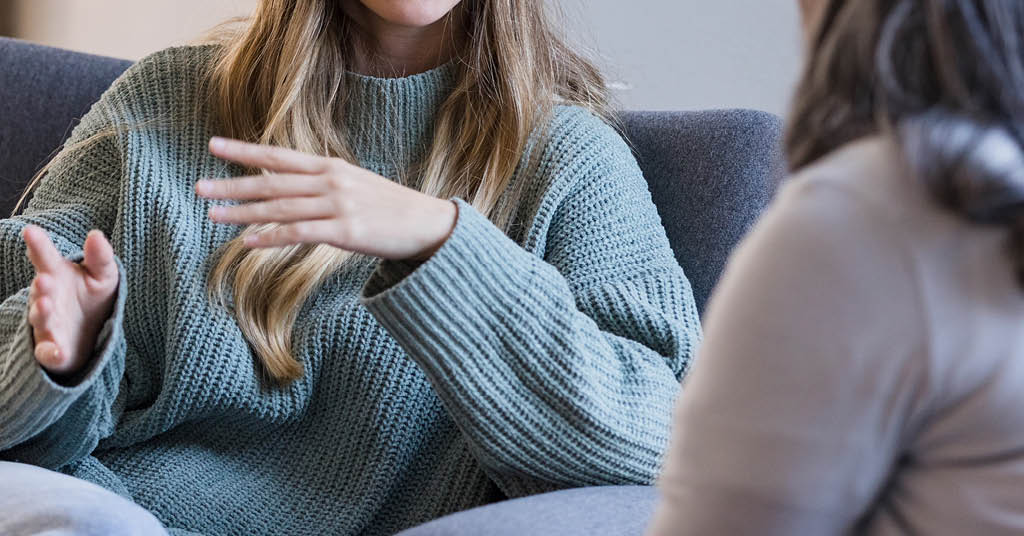
Julie is driven by the underlying purpose of bringing down barriers that prevent First Nations people from enjoying vibrant and healthy lives.
In remote and regional areas, she says we need more First Nations or culturally educated healthcare professionals, like psychologists, who live locally and are invested in the community.
“You don’t want to be travelling for hours and hours to go to a counselling session. It just doesn’t work for a lot of people.”
In the face of systemic inequity and the ongoing fight for self-determination, she says we need to rebuild a lot of trust.
One thing that could make a powerful difference is access to higher education. So more First Nations people can get qualified to work in mental health and other healthcare spaces.
“We are slowly increasing the amount of Aboriginal people working in mental health, so that’s encouraging for me. I also want to educate non-Indigenous people about how to work with Aboriginal people a bit better.”
To improve the heartbreaking number of First Nations people Australia is losing to suicide, all points of contact with health and welfare need to work better. These spaces must feel safe so people do not avoid them and fall through the cracks.
Improving First Nations mental health
As such, Julie says a holistic approach is important. That means addressing housing shortages and providing services that foster overall wellbeing.
Instead of relying solely on counselling to fix First Nations mental health, she says, people need regular opportunities to connect with each other such as weekly women’s circles, men’s groups or activities like crafts or music.
“They need to do something positive – that’s ongoing. The counselling is really helpful. But in the end, you’re living in the community and you need to do positive things apart from work. It gives social connection. And I think early intervention for young people when they seem to be at risk of challenging behaviours.”
Julie says people experiencing psychological stress – and those around it – often miss the signs.
“So if you don’t know that you’re not feeling well, or if kids don’t know how to recognise those signs, how are they going to know that they can reach out and ask for help?”
“I know parents have a bit of a responsibility. However, some people don’t think about that and [some] kids are brought up by someone else in the family. That’s not their priority, and the priority is just day-to-day living.
“I really believe [we should have] some more mental health education promotion through social media and television and books. Places where kids can learn about their feelings, thoughts and behaviours. So that might be something we can do.”
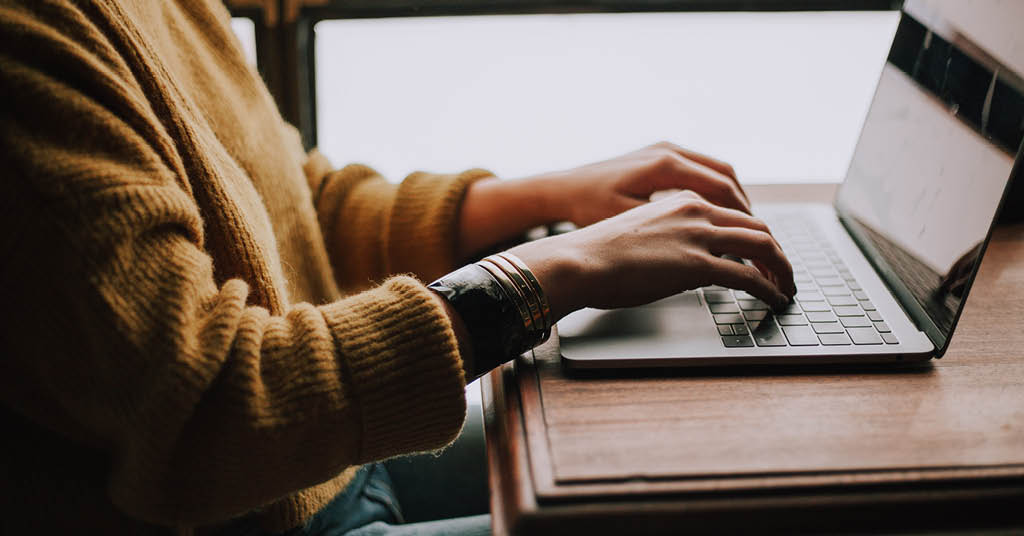
Play your part in helping First Nations mental health
Check out Charles Sturt’s Bachelor of Health Science (Mental Health), specially designed for First Nations students who want to give back to their community in the mental health field.

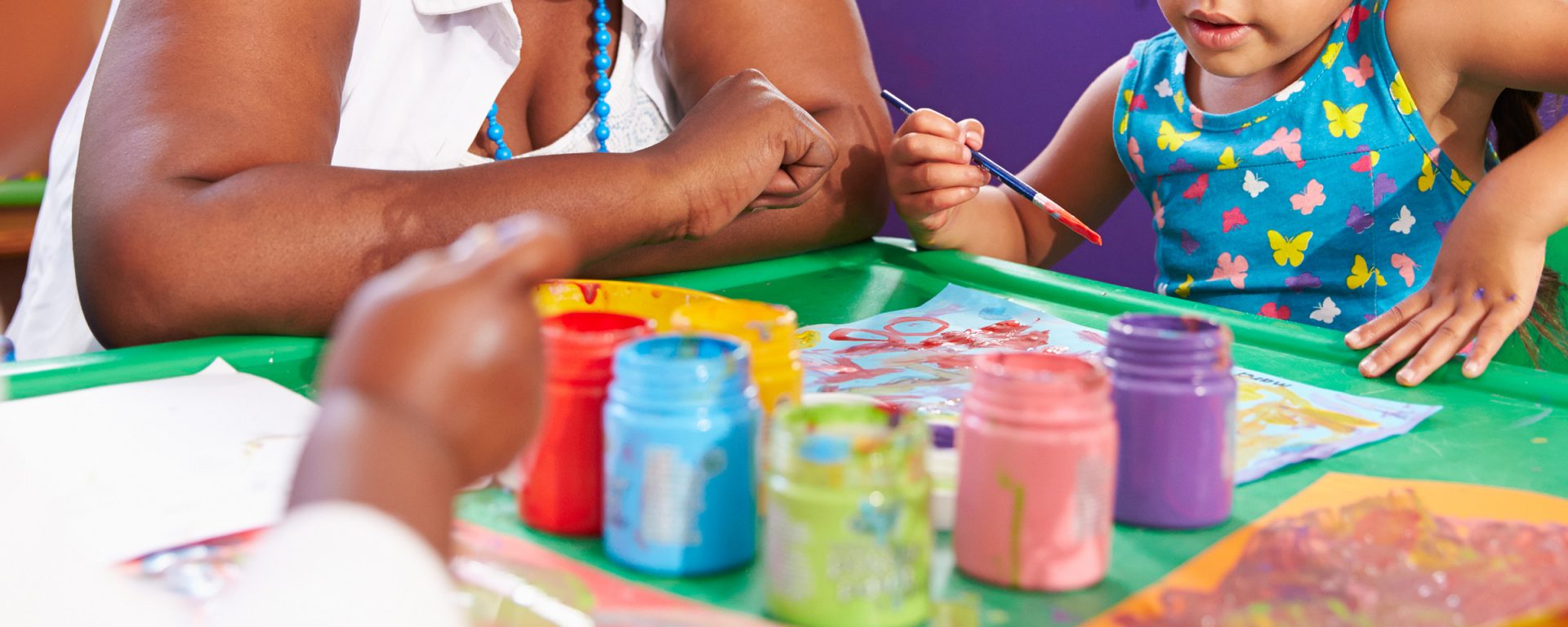
You must be logged in to post a comment.